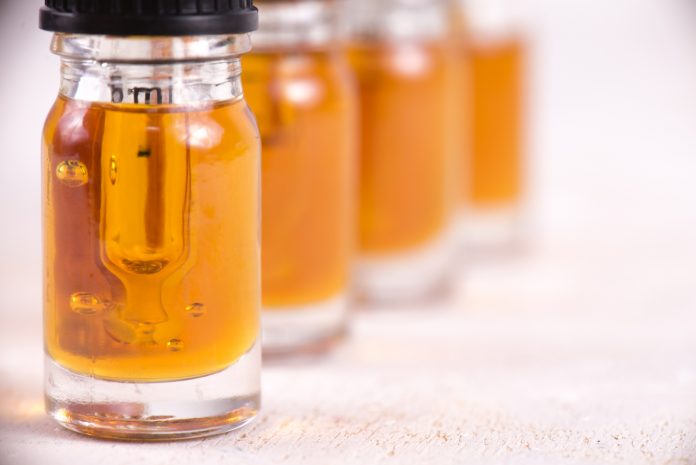WASHINGTON, D.C.- The Food and Drug Administration (FDA) appears to be softening its stance on CBD.
In June, the FDA approved Epiodolex, a CBD based medication designed to treat dravet syndrome, a severe form of epilepsy. However, that did not legalize CBD on a federal level. Epiodolex may have been approved by the FDA, but was still considered a Schedule I narcotic since it is derived from cannabis. Last week, however, the Drug Enforcement Agency (DEA) made Epiodolex a Schedule V drug. The decision was specific to Epiodolex and not CBD products in general. Epiodolex is manufactured by GW Pharmaceuticals, a London-based drug producer.
It seems some officials in the FDA feel that CBD should not be included in the DEA’s list of banned substances at all.
“CBD is a cannabinoid with no significant affinity for cannabinoid receptors (CB1 or CB2). It also does not have significant affinity for other sites of the brain,” Brett Giroir, a physician and Assistant Secretary of Health for the U.S. Department of Health and Human Services, wrote in a memo.
Giroir’s memo goes on to cite specific studies showing that CBD is not likely to cause addiction. In studies examining CBD’s effect on both rats and humans, CBD was not found to “produce physical dependence.”
The memo suggests that the DEA may feel pressured by the international community to keep all cannabis products on their list of banned substances.
The “FDA will not recommend the DEA take action that will cause the United States to be unable to keep its treaty obligations,” the memo stated.
“If treaty obligations do not require control of CBD, or the international controls on CBD under the 1961 Convention are removed at some future time, the above recommendation for Schedule V under the CSA would need to be revisited promptly,” the memo went on to say.
CBD products have skyrocketed in popularity as the cannabinoid does not produce psychedelic effects associated with THC.











